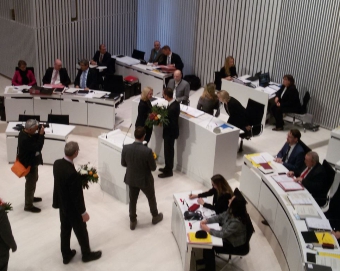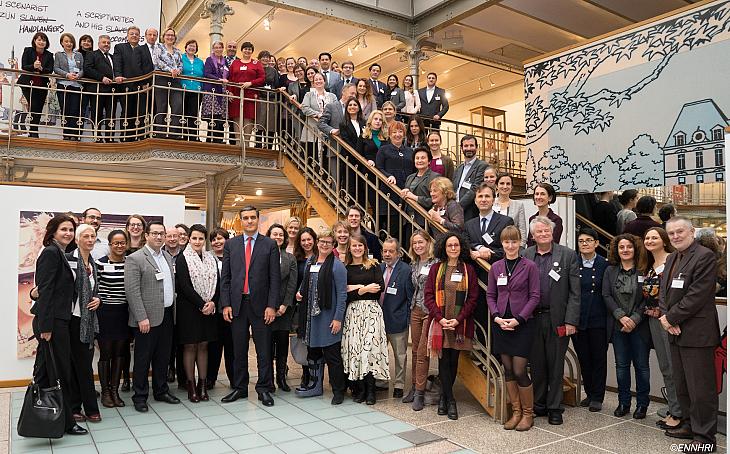Date of article: 15/12/2017
Daily News of: 15/12/2017
Country:  United Kingdom
- England
United Kingdom
- England
Author:
Article language: en
Homelessness is increasingly affecting families from areas and professions who previously might never have expected to face problems finding somewhere to live, a new report by the Local Government and Social Care Ombudsman can reveal.
The report, ‘Still No Place Like Home’, shows in 2016-17 one in three complaints received about homelessness services delivered by English authorities came from outside of London.
And many of the complaints are from people who might never have anticipated being made homeless, but who have been forced to call on their local council’s help by the increasing unaffordability of private tenancies.
Michael King, Local Government and Social Care Ombudsman, said:
“Our cases show many pre-conceived ideas about the people affected by homelessness simply no longer ring true. The increasing cost of private rents has meant we have seen a shift towards more people in professions such as nursing, and their families, becoming affected.
“Many of these families are being placed in poor quality accommodation, for periods significantly longer than the six-week legal limit. And we’re seeing signs the problems are growing more acute, particularly with an increase in the length of time families are having to stay in temporary accommodation.
“More worrying still, we are finding that many families are not being told of their review rights when placed in unsuitable accommodation, so they have no information on how to challenge the decision and improve their circumstances.”
In 2016-17, the Ombudsman received around 450 complaints about homelessness. Of those it investigated in detail, it found fault in seven out of 10 cases.
The Ombudsman shared its findings on councils’ inappropriate use of bed and breakfast accommodation to house families and children in a national report in 2013. It is worrying that, four years on, many of the problems identified in that report persist today.
It continues to see too many cases where councils are acting unlawfully by placing homeless households in bed and breakfast accommodation for lengthy periods of time. Today’s report shows the challenges faced by families who have been stuck for significantly longer than the six-week legal limit– some for more than two years.
Those families are increasingly having to stay in conditions where damp or infestation is a problem, often affecting their physical and mental health.
The report gives local authorities best practice guidance to help councils get things right. It also offers councillors and scrutiny chairs a number of questions they can ask of their own authorities to ensure they challenge the number of families left in unsuitable accommodation for too long.
 Germany
- Mecklenburg-Vorpommern
Germany
- Mecklenburg-Vorpommern





